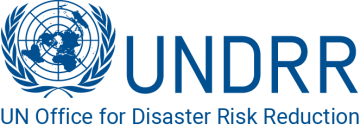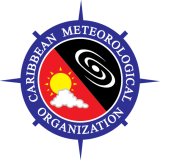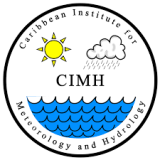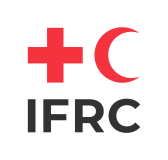Strengthening Hydro-Meteorological and Multi-Hazard Early Warning Services in the Caribbean - Phase 2 (CREWS Caribbean 2.0)
Situation actuelle
The Caribbean is the second-most disaster-prone region in the world and is highly exposed to natural hazards such as hurricanes and tropical storms, floods, landslides, and storm surges. These hazards pose a risk to life and economic loss. To combat this, US$ 7 million in funding for a new three-year project in CARICOM countries in the Caribbean region has been granted by the Climate Risk and Early Warning Systems (CREWS) Initiative.
Portée
Effective Multi-Hazard Early Warning Systems (MHEWS) in the Caribbean region are possible only through the strong leadership of strengthened National Meteorological and Hydrological Services (NMHSs) and National Disaster Risk Management Offices (NDRMOs) which integrate co-design and delivery approaches in their services. This will enable improved disaster risk knowledge, better monitoring and forecasting, stronger warning and dissemination capabilities, and enhanced response capabilities of individuals, communities, business and institutions and organizations, with a special focus on reaching and involving the last mile and the most vulnerable groups. The main objective of the project is to strengthen the operational capacities of NDRMOs and NMHSs, in the four+one pillars of MHEWS, through regional cooperation and improved governance mechanisms that are conducive for users to participate and be engaged in the design and delivery of early warnings. In doing that, this project will contribute to the goals of the Early Warning for All (EW4All) Initiative and other international frameworks, such as the SDGs, the Sendai Framework or the Paris Agreement. The project further builds on the outcomes and achievements of CREWS Caribbean Phase I and leverage those.
Objectifs
Component 1 - Strengthen MHEWS Governance at the national and regional level
Output 1.1: Create/strengthen national mechanisms for more frequent multi-sectoral interaction to tackle thematic and sustainability issues
Output 1.2: Provide technical support on the design, development and implementation of national governance mechanisms
Output 1.3: Support regional and sub-regional EWS consortiums and groups by serving as a strategic and advisory body for the coordination and advancement of MHEWS.
Component 2 - Improve Disaster Risk Knowledge at the community, national and regional level
Output 2.1: Strengthen national risk data ecosystems to improve risk knowledge, risk literacy and risk analytics through the availability of living global, regional and national repositories of disaster risk databases
Output 2.2: Implement tools are for facilitating the information chain for MHEWS (from data collection to data analysis), including the identifying potential impacts (databases), for Impact-based forecasting.
Output 2.3: Strengthen stakeholders' capacities to conduct systems-level risk assessments and analysis for risk reduction approaches and effective risk-informed decision-making
Component 3 - Strengthen NHMSs detection, observation, monitoring, analyzing, forecasting and service provision for hazards
Output 3.1: Strengthen Marine Forecasting and related services at the national and regional level
Output 3.2: Strengthen severe weather forecasting capabilities
Output 3.3: Strengthen national capacities in hydrological monitoring and forecasting
Output 3.4: Strengthen capacities on lightning detection and awareness building at the regional level
Output 3.5: Strengthen WIGOS and WIS capacity on a regional level
Output 3.6: Strengthen collaboration and mutual understanding between NHMSs, NDRMOs and Media
Component 4 - Support warning dissemination and communication, and preparedness and response capabilities
Output 4.1: Strengthen community-based EWS
Output 4.2: Ensure warnings disseminated by national, official alerting authorities are clear, usable and well understood through usage of CAP formatting in all Caribbean countries
Structure
- MHEWS governance strengthened on a regional level.
- Disaster risk knowledge improved on a regional, national, and community level.
- NDRMOs capacities strengthened for disaster risk reduction and MHEWS.
- NMHSs service provision, observations, monitoring, analysis, forecasting of hazards and
- dissemination capabilities strengthened on a regional and national level.
- People-centered warning dissemination and communication, prevention, anticipatory actions and response capabilities supported at regional, national and community level.
- Inclusive and gender responsive approaches ensure those most at risk are engaged meaningfully in development of EWS to reach the last mile and leave no one behind.


- Climate Resilience and Adaptation
- Disaster Risk Reduction
- Capacity Development
- Governance
- Early Warnings
- Service Delivery










